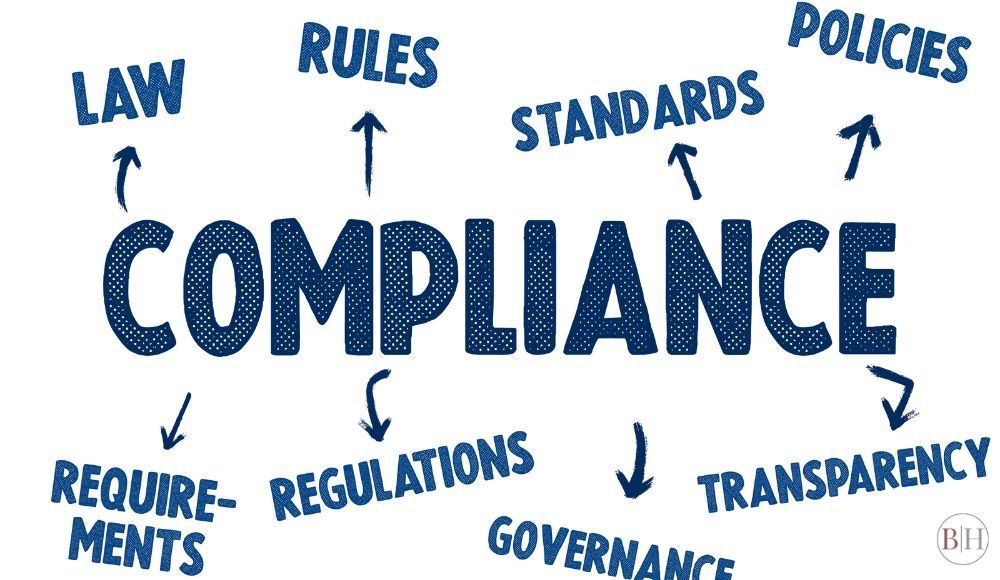Employment Law for Corporations

Corporations must navigate employment law to maintain compliance and facilitate a fair workplace. This blog delves into the legal intricacies of hiring, managing, and terminating employees, workplace discrimination laws, and complying with labor regulations in employee benefits, providing valuable insights to help your business stay on the right side of the law.
Legal Requirements and Best Practices for Hiring, Managing, and Terminating Employees
Hiring, managing, and terminating employees are critical processes governed by employment laws to ensure fairness and legality.
Hiring: Corporations must adhere to anti-discrimination laws, including the Civil Rights Act, ADA, and ADEA although these laws have specific employee threshold levels. Best practices include developing clear job descriptions, conducting structured interviews, and maintaining consistent selection criteria to avoid biased decisions.
Managing: Corporations must manage employees in compliance with labor laws such as the Fair Labor Standards Act (FLSA). They should implement transparent performance management systems, maintain accurate records, and promote open communication channels. Regular training on workplace policies and anti-discrimination measures can prevent legal issues.
Terminating: Terminations must be handled with care to avoid wrongful dismissal claims. Providing documented reasons for termination, following a formal process, and offering severance agreements are steps that can be taken when applicable. Familiarizing yourself with applicable Federal and state-specific laws is important because they may affect termination procedures. Adhering to these guidelines and requirements helps protect both the organization and its employees.
Employment Discrimination Laws and Strategies for Preventing Workplace Discrimination and Harassment
Employment discrimination laws protect workers from unfair treatment based on race, color, religion, sex, national origin, age, disability, and other protected characteristics. Essential laws include Title VII of the Civil Rights Act, the Americans with Disabilities Act (ADA), and the Age Discrimination in Employment Act (ADEA). These laws prohibit discriminatory practices in hiring, promotion, job assignment, termination, and other employment conditions.
5 Strategies for Preventing Workplace Discrimination and Harassment:
- Comprehensive Policies: Develop and enforce clear anti-discrimination and harassment policies. These should outline unacceptable behaviors, reporting procedures, and consequences for violations.
- Training Programs: Implement mandatory training for all employees. Ensure both management and staff understand their responsibilities.
- Open Communication: Encouraging open dialogue promotes a productive workplace. By creating multiple channels for employees to report issues in a confidential manner, employers can empower employees to speak up and contribute to a respectful work environment.
- Prompt Action:
Take immediate and appropriate action when discrimination or harassment claims arise. Conduct thorough investigations and ensure consistent enforcement of policies.
- Regular Reviews: To ensure your organization complies with current laws and best practices, regularly review and update your policies and training programs.
Employee Benefits and Compensation Packages in Compliance with Labor Regulations
Employee benefits and compensation packages must align with labor regulations to ensure legal compliance and attract top talent. Compliance with the Fair Labor Standards Act (FLSA) covers minimum wage, overtime pay, and recordkeeping. Corporations should also adhere to the Family and Medical Leave Act (FMLA), which mandates unpaid, job-protected leave for qualified medical and family reasons if they meet the applicable employee threshold.
Benefits such as health insurance, retirement plans, and paid time off should meet standards set by laws like the Employee Retirement Income Security Act (ERISA). Regular reviews and updates of compensation packages help maintain compliance and support employee well-being and satisfaction.
Talk to the Bingaman Hess Attorneys Today
If you need help with employee matters or drafting a compliance program, the attorneys at Bingaman Hess are here to assist you. Our corporate law attorneys provide comprehensive corporate compliance services to meet the needs of businesses throughout Pennsylvania.









